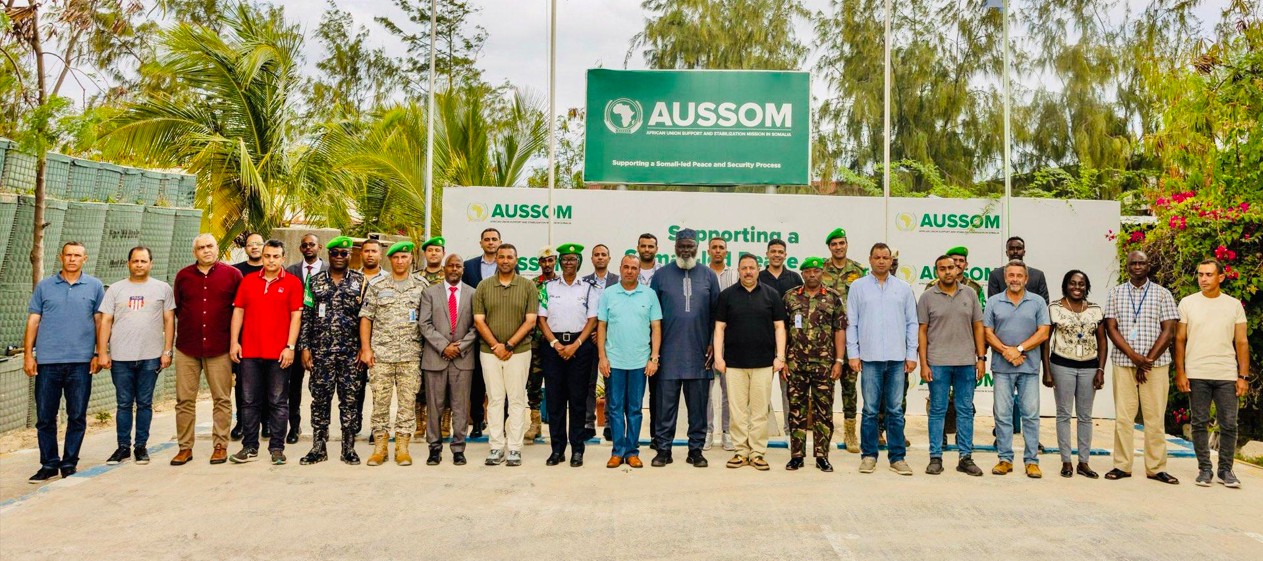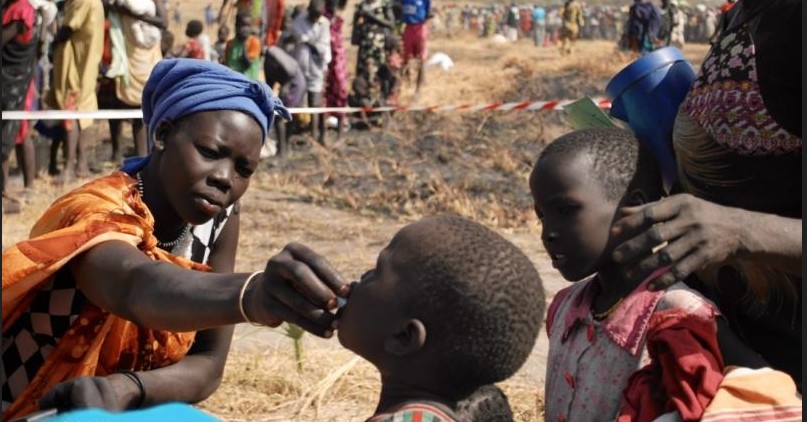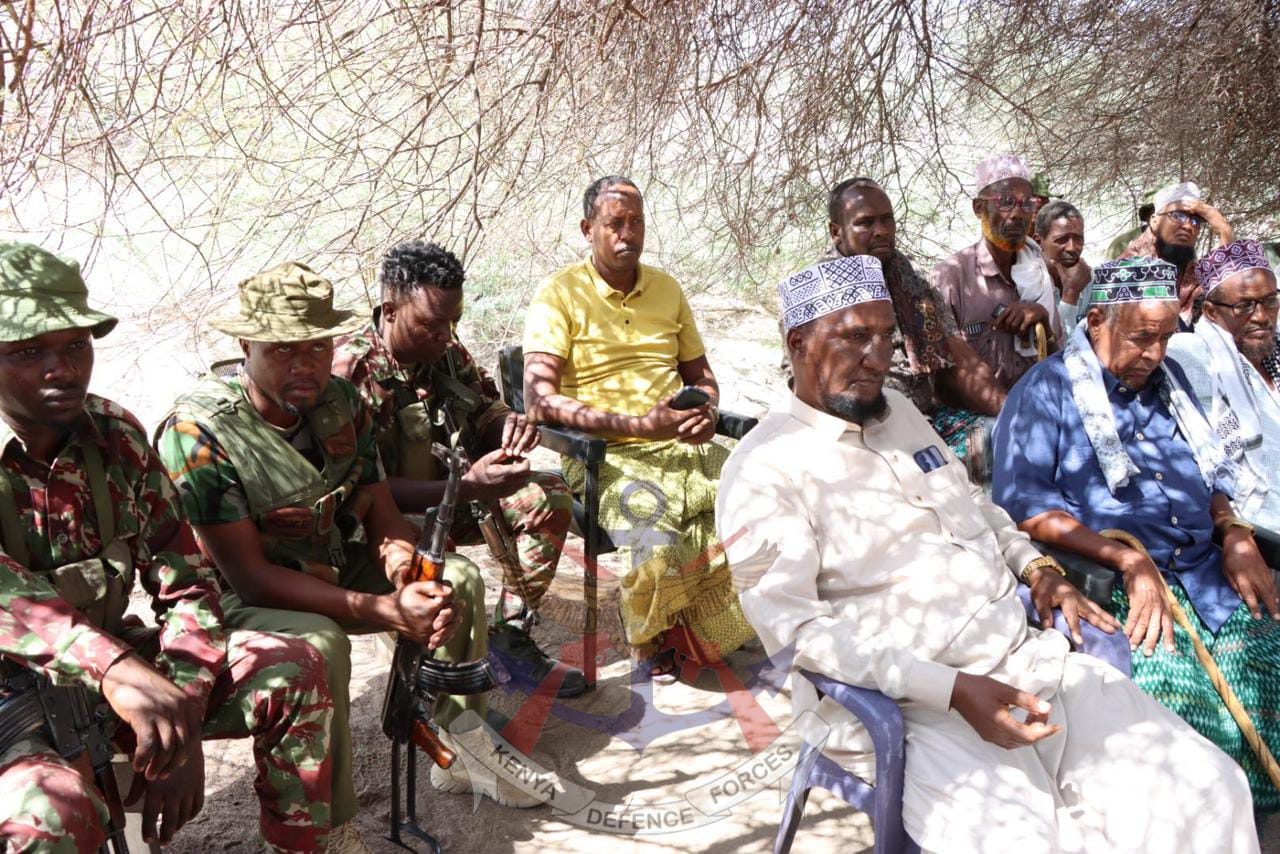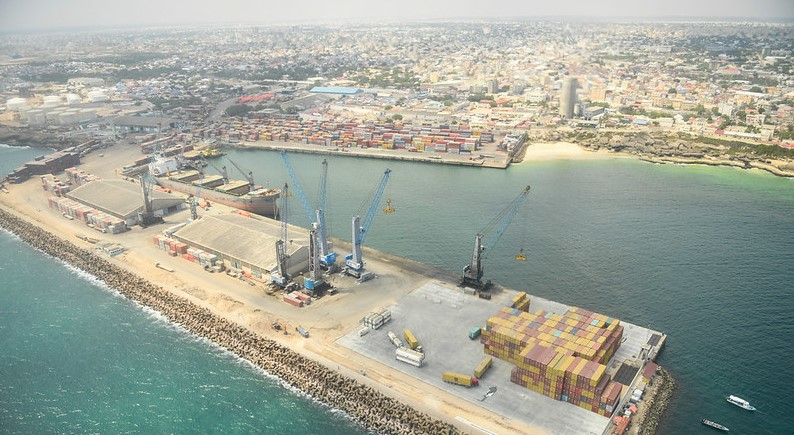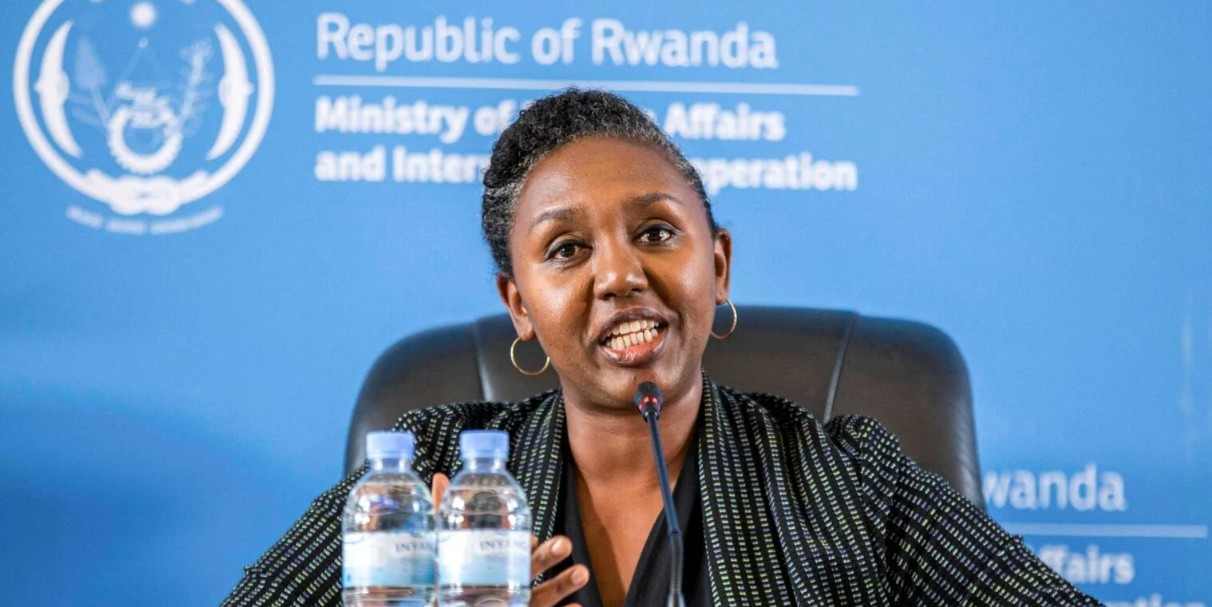Sudan bans WhatsApp voice and video calls, citing national security amid ongoing conflict

The directive is expected to significantly disrupt communication for millions of Sudanese, especially in regions such as Darfur and South Kordofan, where ongoing clashes between the SAF and the paramilitary RSF have devastated mobile and internet infrastructure.
Sudan’s telecommunications regulator has ordered a ban on voice and video calls via WhatsApp starting Friday, citing national security concerns as the country continues to struggle with internal conflict.
In a statement issued on Sunday, the Telecommunications and Post Regulatory Authority described the move as a “precautionary measure” aimed at protecting national security and critical infrastructure. According to The Sudan Tribune, the restriction will remain in place until further notice.
More To Read
- Sudan halts oil operations in Heglig after RSF drone assaults kill workers
- Sudan’s cholera outbreak surpasses 100,000 cases amid war and famine
- Sudan Government vows post-war recovery, reconciliation in first Khartoum meeting since 2023 conflict
- Sudan floods kill 10, destroy homes as conflict deepens humanitarian crisis
- Sudanese cabinet holds first meeting in Khartoum since onset of civil war
- Nearly 1.65 million IDPs return home as Sudan displacement numbers fall
The directive is expected to severely affect communication for millions of Sudanese, particularly in regions like Darfur and South Kordofan, where fighting between the Sudanese Armed Forces (SAF) and the paramilitary Rapid Support Forces (RSF) has left mobile and internet infrastructure in ruins.
The conflict, which broke out in April 2023, has displaced more than nine million people and caused extensive damage to public services, including the telecoms network, according to the United Nations.
End-to-end encryption
WhatsApp—owned by technology company Meta—is one of the most widely used messaging apps in Sudan. Its end-to-end encryption and low data consumption have made it a vital communication tool, especially during periods of restricted internet access.
Sudan has experienced repeated internet disruptions and shutdowns since the conflict began, often attributed to both deliberate blackouts by authorities or armed groups and damage to infrastructure, according to global internet watchdog NetBlocks.
The regulator acknowledged the disruption the ban would cause, particularly for Sudanese abroad who depend on WhatsApp’s video features to avoid high international call costs. In its message to users, the authority apologised for the inconvenience and thanked the public for “placing national interest above personal need.”
Text messaging and other app functions will remain available.
This is the first time Sudan has specifically targeted WhatsApp’s calling features, placing it among countries such as the United Arab Emirates, which have long restricted VoIP (Voice over Internet Protocol) services for regulatory reasons.
Other Topics To Read
- Headlines
- Sudan
- Darfur
- Sudanese Armed Forces
- Rapid Support Forces
- Sudan Conflict
- Sudan war
- South Kordofan
- Sudan’s telecommunications regulator
- Sudan WhatsApp ban
- End-to-end encryption
- Sudan Telecommunications and Post Regulatory Authority
- Sudan bans WhatsApp voice and video calls
- citing national security amid ongoing conflict
Top Stories Today

